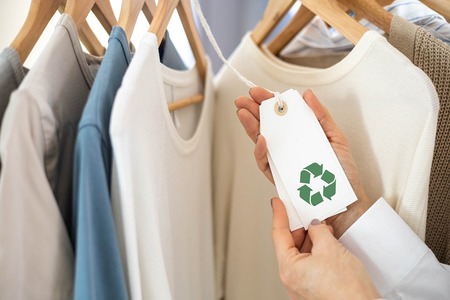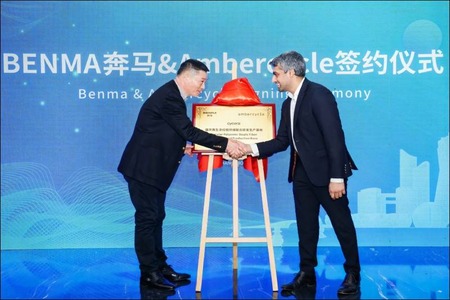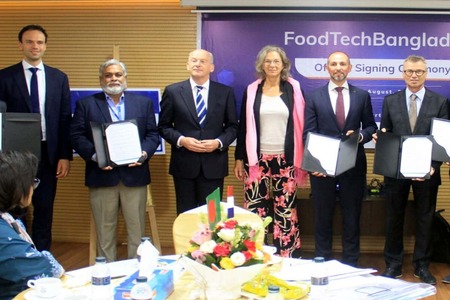
Avantium unveils breakthrough for recycling polycotton blends
YarnsandFibers News Bureau 2025-02-04 18:00:37 – NetherlandsDutch sustainable chemistry company Avantium has made a major breakthrough in textile recycling, developing a unique method to separate and reuse both cotton and polyester from polycotton blends. This innovative process provides a true fibre-to-fibre recycling solution, addressing the growing issue of textile waste.
Developed in collaboration with the University of Amsterdam’s Industrial Sustainable Chemistry group and led by Avantium CTO Gert-Jan Gruter, the technology uses a hydrochloric acid treatment to break down the cotton component into glucose while preserving the polyester. This dual recycling capability is the first of its kind in the industry.
The process involves treating polycotton waste with concentrated hydrochloric acid, which completely hydrolyzes the cotton cellulose into glucose. The polyester remains intact, allowing for easy separation and recycling. The extracted glucose can be repurposed for various applications, including the production of polymers, resins, solvents, and Avantium’s signature product, 2,5-furandicarboxylic acid (FDCA).
Avantium’s existing Dawn Technology, which transforms non-food plant-based feedstocks into materials like glucose and lignin, plays a crucial role in this new recycling method. Successful trials at Avantium’s laboratories and the Delfzijl Dawn pilot plant have demonstrated the process’s effectiveness on post-consumer polycotton waste, achieving high glucose recovery rates and indicating strong potential for scalability and cost efficiency.
Market Intelligence
Ask for free sample Report

experience
Customer Base
dedicated team
Countries Served Worldwide








